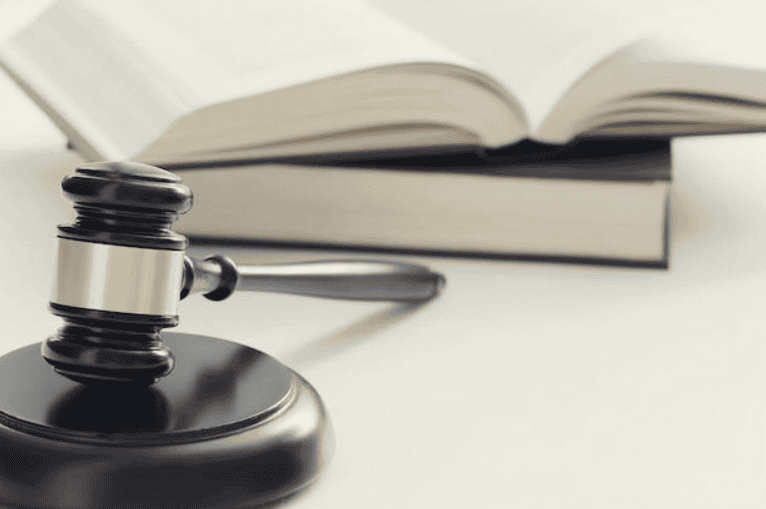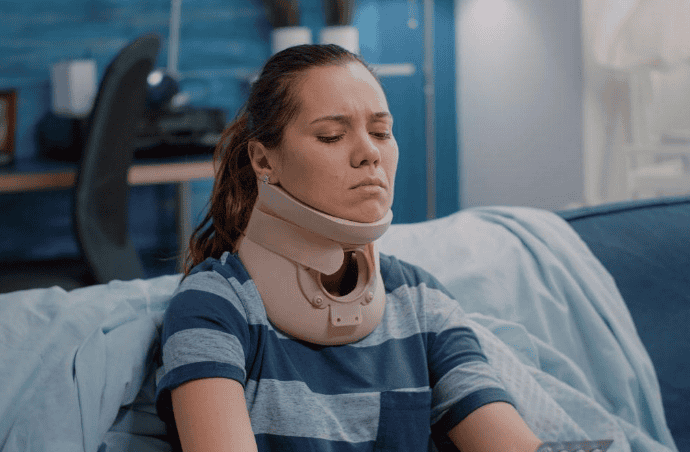This post focuses on the necessity of taking (and) preserving notes after an injury.
After an accident, like in a car crash or a slip and fall, one thing people often forget is keeping records. When you’re hurt, you might want to focus on getting better, and that’s normal. But taking good notes afterward could be one of the most important things you do.
Why? Because memories fade, details get forgotten, and when it’s time to ask for money or file a claim, you’ll need clear proof to back up what you say. If you’ve been hurt, make sure to get in touch with a personal injury law firm and start keeping good records from the very beginning.
What to Include in Your Notes
When you’re documenting an event, it’s important to organize your thoughts. Start with the basics: What happened? Where were you? Who was involved? These questions may seem simple, but when stressed, it’s easy for the details to become unclear.

Follow this checklist to stay organized:
- Record the date and time of the incident: This is crucial. Was it in the morning or at night? During rush hour or a quiet afternoon?
- Specify the location: Give detailed information. Was it at a busy intersection, in a grocery store aisle, or at a construction site?
- Note the people involved: This includes not only those directly involved but also any witnesses. If possible, write down names, phone numbers, or badge numbers.
- Document the weather and environmental conditions: Surprisingly, these details can be used to argue negligence or influence liability.
- Describe your injuries: Document the physical and emotional pain and suffering you’re experiencing to strengthen your claim.
Why Preserving Your Note is Important
Many people lose their notes by misplacing their journals, losing notes on their phones, or simply forgetting to keep up with them. Think of your notes as insurance: you hope you never need them, but they can be crucial if the time comes.
In today’s digital age, it’s smart to have multiple backups. For instance, you can write your notes on paper, take pictures of them, and store those images in a cloud-based system. Alternatively, you can use apps designed for legal documentation to securely store and organize everything.
Losing important notes could mean losing evidence in your claim, especially when trying to show pain and suffering or the long-term impacts of an injury. Your attorney will appreciate your detailed and well-preserved records.

The Legal Impact of Detailed Notes
Recording detailed notes can make a real difference in legal matters and discussions. Lawyers use your notes to build a strong case, especially when dealing with insurance companies. Detailed, time-stamped records can prevent them from minimizing your claim.
In personal injury cases, credibility is crucial. Your notes provide a firsthand, real-time account of events, which can significantly support your case.
Personal Benefits of Keeping Notes
Aside from the legal advantages, keeping notes can also help you process what you’re going through. Writing things down provides a clear understanding of your progress, reminding you of the milestones you’ve crossed and the challenges you’ve faced. It can also help you track medical appointments, medications, and therapies, ensuring you don’t miss crucial aspects of your recovery.
If you’re dealing with a long recovery, your notes can become a tool for self-awareness, helping you identify patterns or improvements you might not notice otherwise. For example, if your pain level drops after a specific treatment, having those notes can help you and your healthcare providers fine-tune your care plan.


